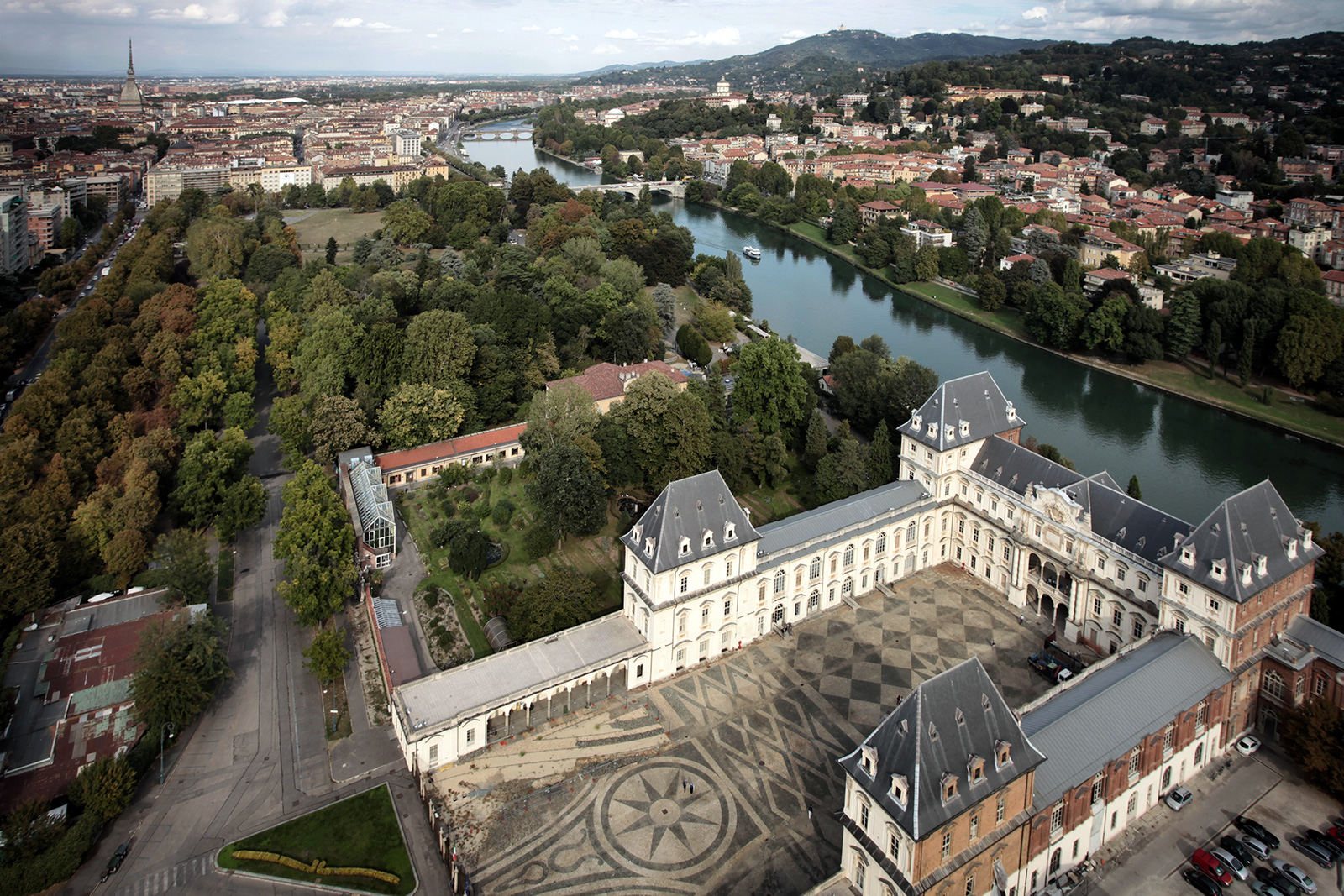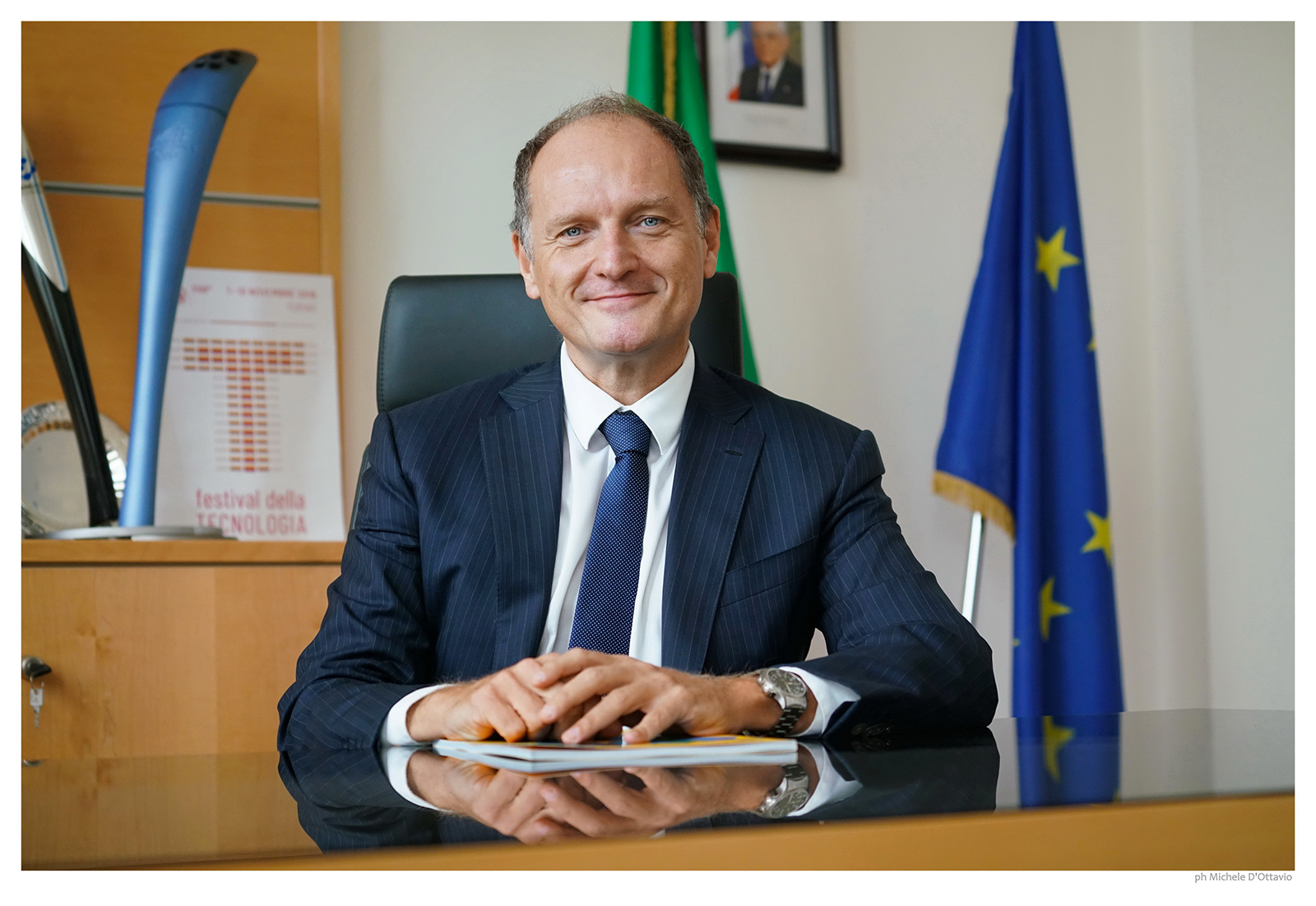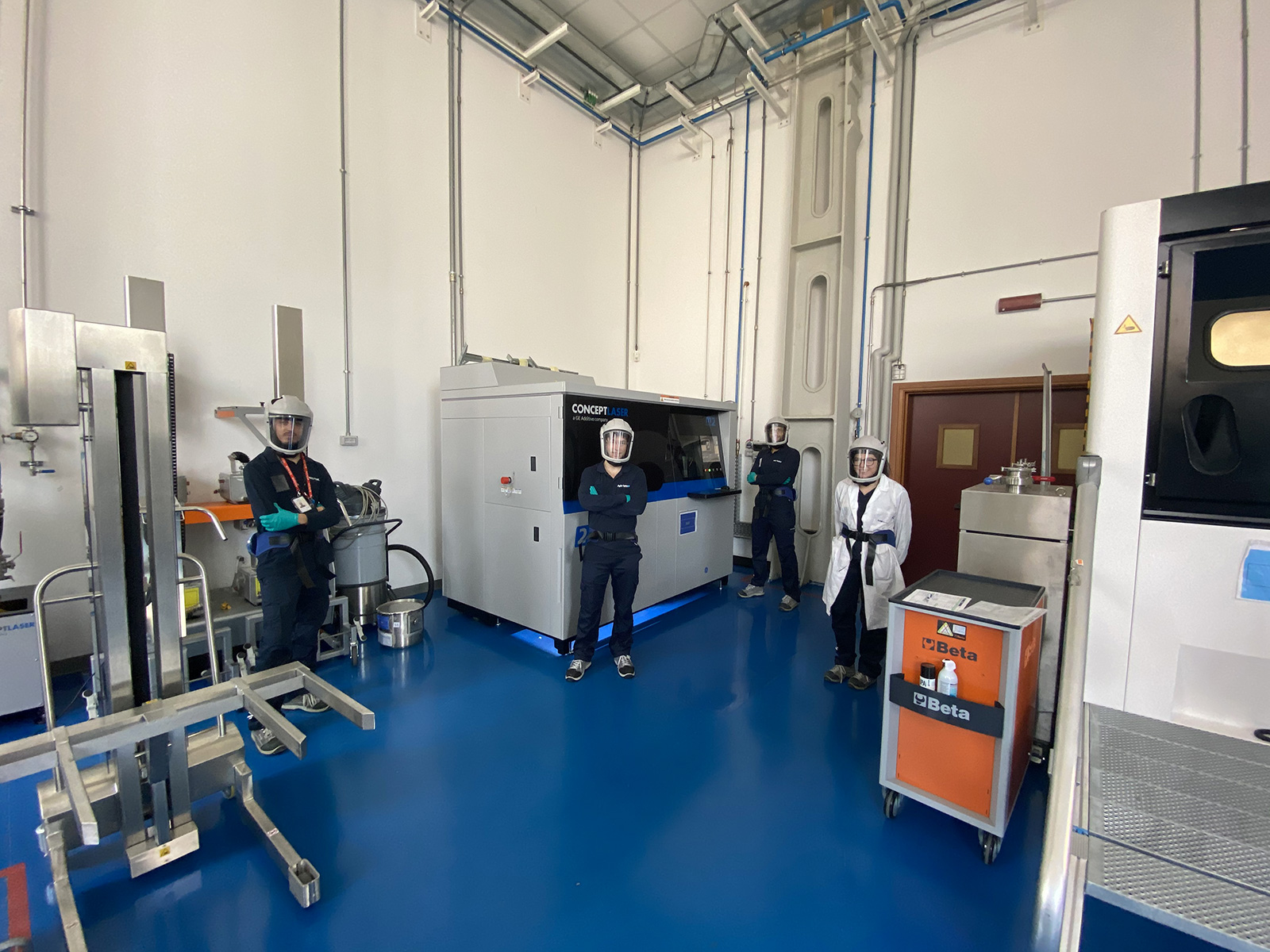Culture
Each one protects everyone
The first Avio Aero web-talk hosts the dean of the Politecnico di Torino and offers a privileged insight into the technological and social context of today and tomorrow
May 2020
This first digital venue dedicated exclusively to Avio Aero's Italian employees saw Prof. Guido Saracco, dean of the Politecnico di Torino, as guest of a webinar focused on extremely topical matters that are closely connected to the professional and social lives of each of us.
The introduction given by Paola Mascaro, Avio Aero's Director of Communications & Public Affairs, anticipated the satisfaction felt by CEO Riccardo Procacci who, in kicking off the digital event, recalled how forward-thinking Prof. Saracco's Academic Year opening speech had been: "a university education that harmonize with the territory and creates value for a civil society, intelligent progress that respects nature and at the same time reduces social inequalities".
The dean’s talk began with this specific social commitment in the context of the current emergency, introducing the study initiative "Open companies, protected workers", which brings together a group of technical and scientific experts from Piedmont universities and national research centers, coordinated by the Politecnico di Torino.
"Each of us can make a difference by acting responsibly and adopting simple but effective measures to prevent the risk of infection at work and when travelling", the dean said, explaining how the initiative will be borne out in a number of Reports, differentiated by contexts of national economic and cultural interest in Italy. These reports are constantly being developed and updated and will continue to act as support tools for the institutions responsible for adopting interventions in relation to the COVID-19 emergency.
The study initiative brings together a group of technical and scientific experts from Piedmont universities and national research centers, coordinated by the Politecnico di Torino
Not only universities and businesses of all sizes, but above all kindergartens and schools, sports institutions, professional medical centers, up until non-COVID departments of hospitals can become fully operational again. A collective work, which will be enriched with case studies and experiences. "We need to move out of our comfort zone, to question ourselves, because this is a structural crisis and we must embark on a new path", commented the dean.
This work for the Politecnico di Torino began when the emergency was at its height and has allowed the institution - which is over 150 years old and has always been a source of national pride attracting students from all over the world - to develop skills and experience which are of great value to the whole of society. "We have worked to ensure connectivity with students and continuity of teaching, but also to support the design and technical side of production lines (previously not available in Italy) for protective equipment such as face masks", said Prof. Saracco, going back over the weeks of intense efforts that have brought Italy to the longed-for Phase 2.
This is the phase in which we find ourselves today, surrounded by uncertainty and indefinite solutions that require constant adaptations in response to the frenetic succession of events. Thus, guidelines are being drawn up and amended in every civil area, with various institutions taking great pains over everything that concerns employees, from transport to company life. "It is all these measures as a whole that guarantee safety. To go back to the example of face masks, there is a huge demand for them and specific requirements for company use, which is why we are giving our contribution for those enterprises that seek to reconvert their production into safety devices with capacity up to one and a half billion".
"We must explain that technology should not be feared, but seen as a tool for humanity that improves life sustainably, with Avio Aero, we have already been doing this for quite some time"
Current efforts, in the mind of a visionary leader, cannot fail to prepare for the near future: "we need to prepare to react, but also for training in view of a possible phase 3 (in which a second wave could occur, like it happened with Spanish Flu). At the same time, if schools do not open again, society cannot open again, and that is why we are working with the Italian Ministry of Education to reopen in September... several European countries have already reopened schools," he said. "If the infection were to take hold again, we would need to make the most of the lessons learned, react quickly and take measures (even strong ones) to make social life much less uncomfortable, but measures which are also flexible. In September, we will take a combination of measures (with 25% of classroom capacity for students in attendance), including continuing to offer online teaching".
There is also a possibility that the threat, specifically the epidemic, may disappear, that the virus will mutate genetically to such an extent that it will lose its aggressiveness. This does not, however, close the chapter. On the contrary, "it reinforces the conviction of adopting a new path, which is why we will not stop our advertising campaigns, information dissemination and training initiatives, especially in terms of the environment. For example, it will be important to oversee the disposal of face masks. We did consider recycling them, but it is not advisable due to the need to guarantee purity and sterilization, so they will need to be recycled under heat", adds Saracco.
Finally, both national and community economic support is essential: "schools, both public and private, as well as businesses need to be financed", continues the dean, "Italy’s Relaunch Decree has pledged resources. Universities have been allocated 1.4 billion euros, which is an amount of aid that has never before been granted. Support has also been guaranteed for the automotive sector, which generates value, but it is equally essential to think about supporting the aeronautical sector."
The dean’s talk ended by offering some hopefully comforting perspectives, mentioning the work in progress for the Mirafiori Competence Center project in Turin: "it was born in an area historically linked to the car and the contribution of public and private investments will allow us to create what is known by the European Union as Knowledge and Innovation Communities, in which industry, government agencies, universities and research centers plan together to act better than in the past".
The relationship with the aeronautics industry is particularly dear to Prof. Saracco, who emphasizes its ability to transfer knowledge and enable research, training and innovation, in line with a higher social goal: "we must explain that technology should not be feared, but seen in a new way, as a tool for humanity that improves life sustainably. With Avio Aero, we have already been doing this for quite some time, with business investments which have been greatly appreciated, and I believe this is the only way in which the university can not only increase the importance it has for society and businesses, but also the reputation it has with them. This is the idea behind the University's Strategic Plan ‘ PoliTO 4 Impact’".
Finally, remembering the amazing experience we had together during the Technology Festival, the dean nodded towards the Avio Aero family, announcing the return of the acclaimed event in September. "Given the success of the last edition, the festival will return. Highlighting the official motto, 'Technology is humanity', it will be referred to as the Biennial of Technology, alternating with the Biennial of Democracy. Such alternation is key, underlining the dualism between society and technology, two entities often seen in contrast to one another, but with a future that promises to bring them closer and closer together".







